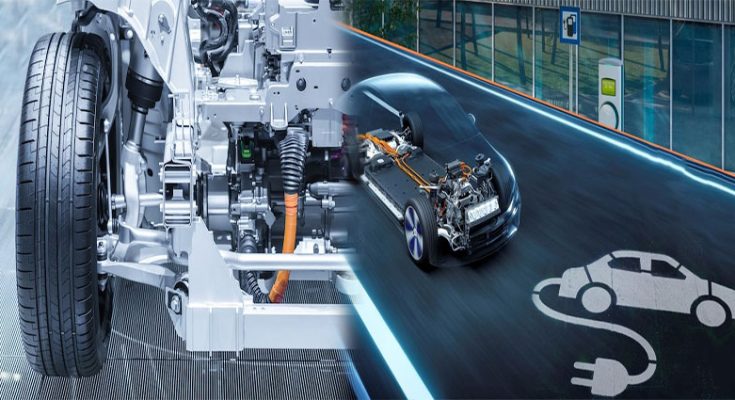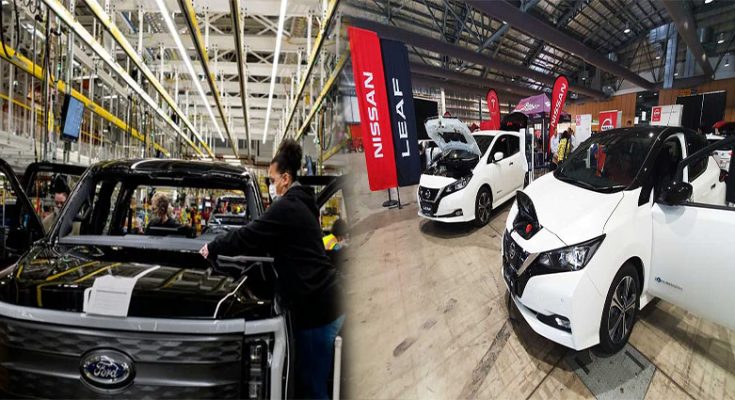
How Electric Vehicles Work
Electric vehicles are becoming more popular. While they’re still not as common as gas-powered cars, they have gained a lot of attention in recent years and have become more affordable with time. Electric vehicles (EVs) are different from gas-powered cars in a few key ways, though both rely on internal combustion engines to work. Here’s everything you need to know about how EVs work:
Electric vehicles are different from gas-powered cars in a few key ways.
Electric vehicles are different from gas-powered cars in a few key ways. First, they’re much quieter. Second, they emit far fewer pollutants into the environment–and that’s good for everyone! Thirdly (and perhaps most importantly), electric vehicles are cheaper to maintain than their gas counterparts. Since there is no need for oil changes or tune ups on an electric car, you can save yourself a lot of money over time by purchasing one instead of driving around in an old jalopy that needs constant maintenance just so it can keep running smoothly enough not to damage your wallet further with expensive repairs or replacement parts.
The batteries themselves can be made up of a variety of materials and components.
The batteries themselves can be made up of a variety of materials and components. The positive and negative electrodes are the parts that produce electricity when they’re connected to an external circuit, but they don’t store energy on their own–they need an electrolyte solution in between them. The electrolyte helps conduct ions (charged particles) between the two plates of the battery, which creates power when they react with each other. Finally, there’s usually some kind of separator between these plates so that no electrical contact occurs until you want it to happen!
Batteries are generally made up of multiple cells wired together.
There are two main …
How Electric Vehicles Work Read More



